Lifestyle
15 Things Older Women Don’t Miss About Marriage
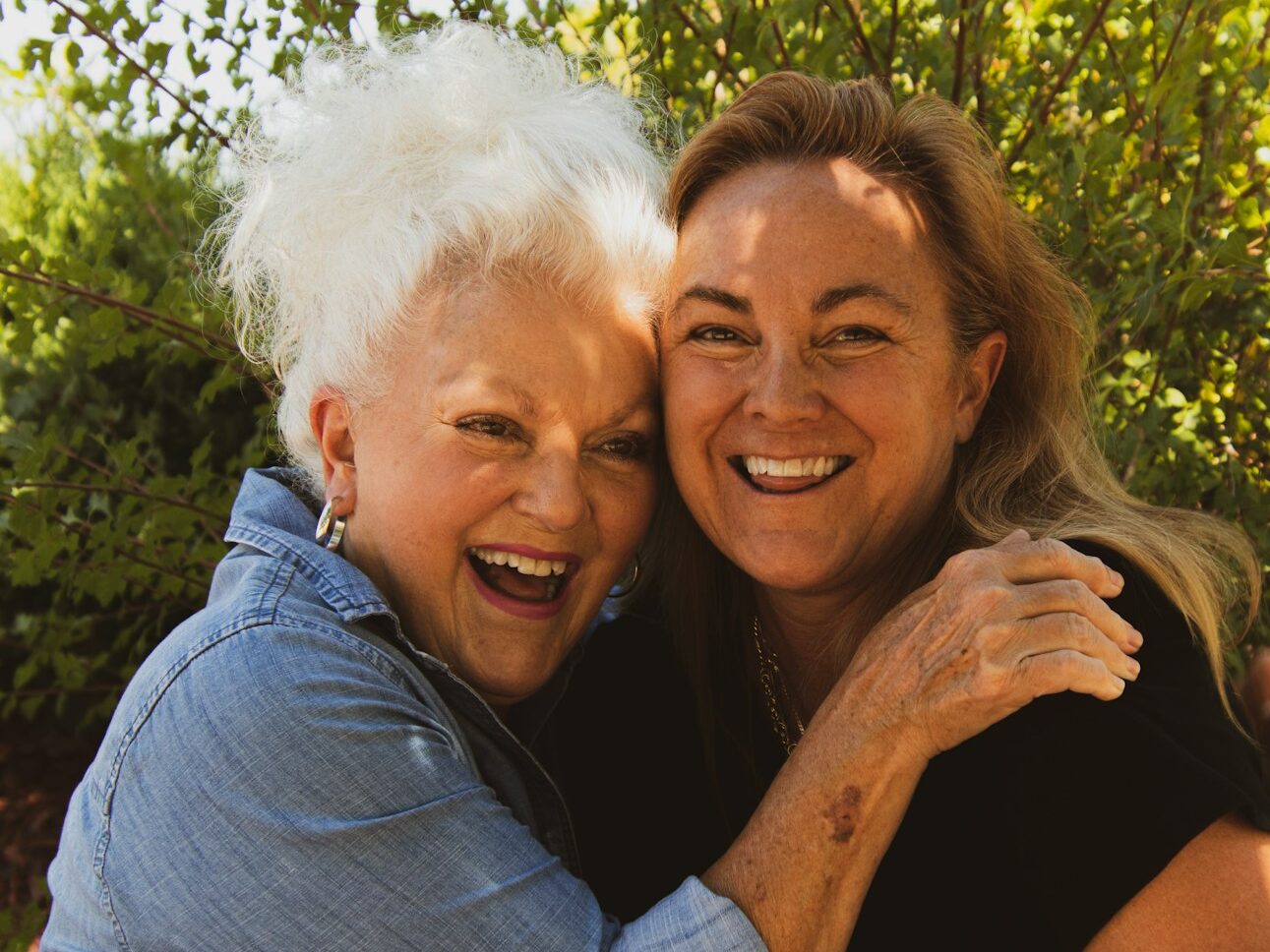
You hear it a lot—freedom, peace, getting to know yourself again. But the details rarely get talked about. After years of compromise and routine, some things just aren’t worth missing. It’s not always about resentment. It’s about recognizing what life feels like when you stop performing, stop waiting, and stop explaining. For many women, leaving marriage doesn’t mean giving up on love. It just means finally breathing on their own terms.
Having to explain where you’re going.

It starts out small. A check-in here, a “when will you be back?” there. Eventually, everything feels like a permission slip. Older women don’t miss that. They don’t want to justify a quiet dinner out, a weekend trip, or even just being unreachable for a few hours. You don’t realize how heavy that habit is until it’s gone—and how light it feels to go wherever without a speech.
Compromising all the time.
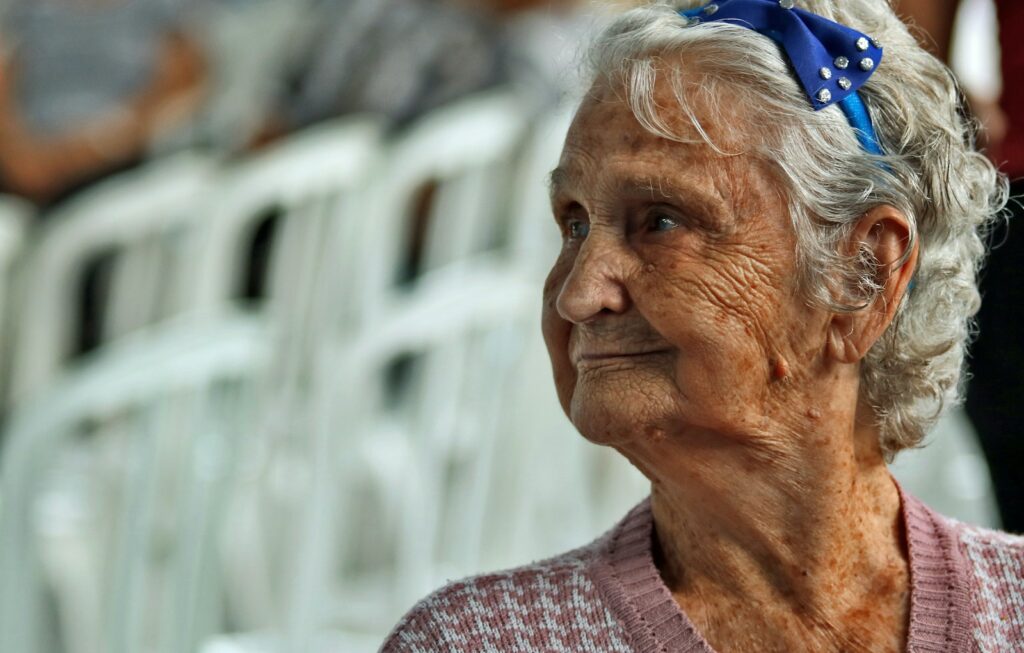
There’s a difference between flexibility and always being the one who bends. Over time, it becomes second nature to give up the movie you wanted to see, eat where they want to eat, and make peace when they don’t. Older women often say they don’t miss that quiet shape-shifting. When you live alone, you make choices that don’t need approval, and it’s a relief not to negotiate every small thing.
Being responsible for someone else’s mood.

You wake up in a good place, but they’re not. Suddenly, the whole energy of the day shifts. You feel like you have to fix it or tiptoe around it. Many older women don’t miss feeling like emotional support staff. It’s not that they didn’t care—it’s just that it’s exhausting to carry someone else’s weather every day without knowing what forecast you’re waking up to.
Cooking when you don’t want to.
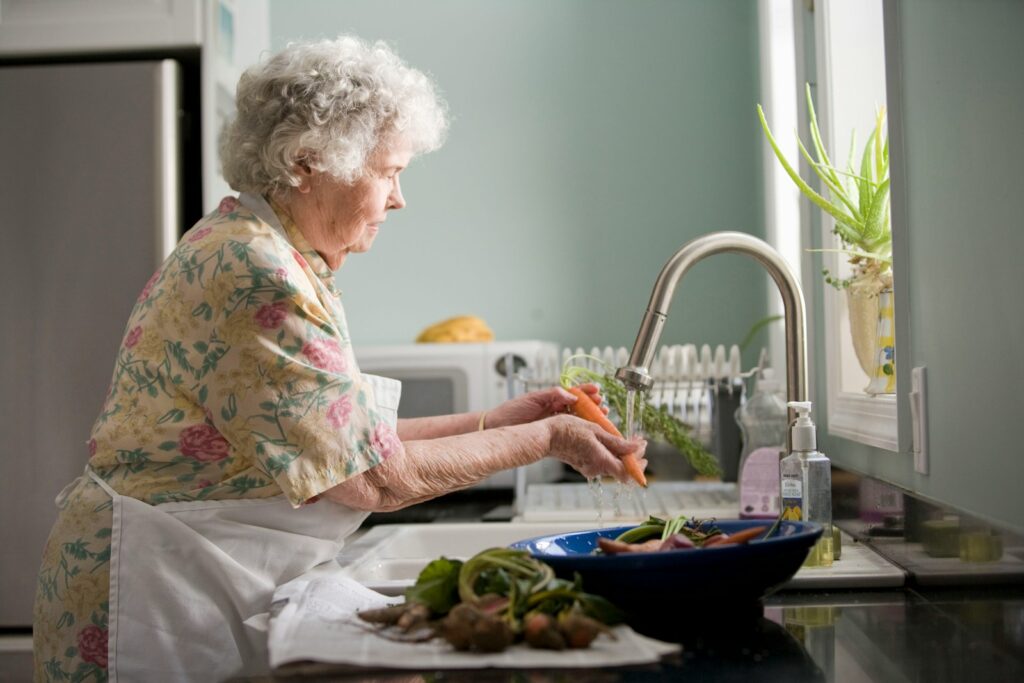
It’s not about hating cooking. It’s about the expectation. The assumed responsibility. Even on nights when you’re exhausted or just not hungry, it’s there. What’s for dinner? Older women often talk about the joy of eating crackers at 8 p.m. with no one waiting for a plate. There’s something deeply freeing about choosing what—and whether—you eat without someone else’s appetite hovering in the background.
Sleeping next to someone who snores.

There’s a certain peace in silence at night. No snoring, no tossing, no blankets being pulled away. Some older women say they forgot what a full night’s sleep felt like until they had their own bed. Sharing space is intimate, but so is uninterrupted sleep. Not missing that nightly routine doesn’t mean they didn’t love—it means they value rest more now.
Managing someone else’s family.

You marry a person, but you inherit their relatives. Birthdays, holidays, and calls you didn’t ask for. Some were lovely. Others? Draining. Older women often admit they don’t miss being caught in the middle of family dynamics that weren’t theirs to begin with. Now, when they see family, it’s their own—or someone they actually choose to be around. That shift feels like sanity.
Trying to keep the peace.

You say nothing, just to avoid the sigh, the pushback, the mood. That silence piles up. Years of small “letting it go” moments turn into not recognizing your own opinion anymore. One thing older women don’t miss is feeling like they had to hold the calm for two. Alone, the peace isn’t something they maintain. It’s just there.
Not being able to decorate how you want.
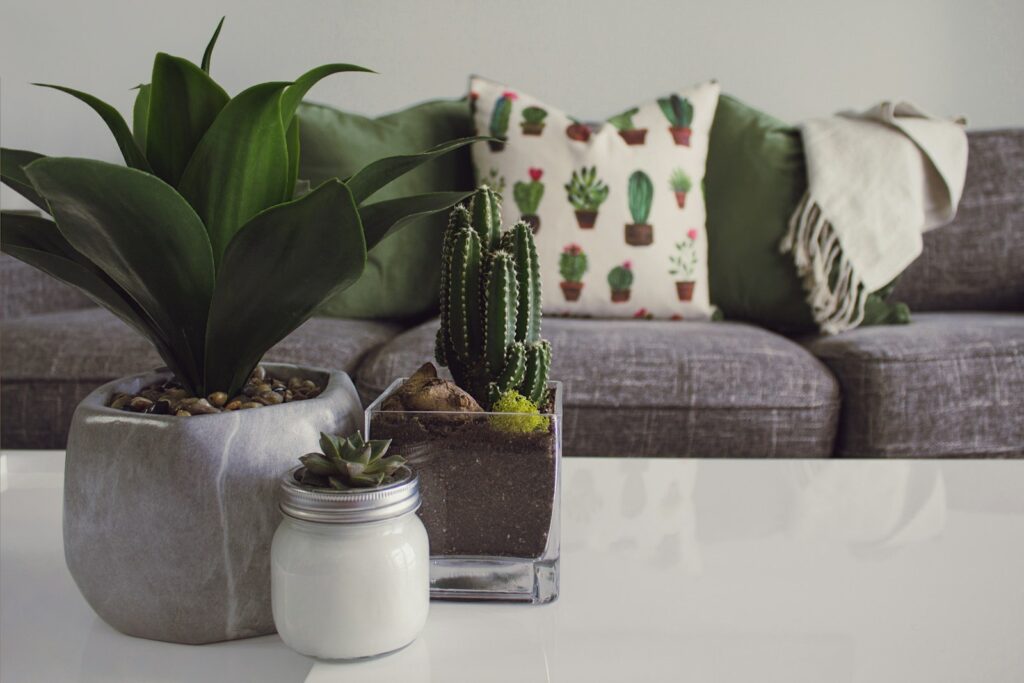
You like minimal. They like clutter. Or maybe they wanted the giant leather recliner you hated. It seems silly, but home is a reflection of you—and many women spent years living in places that didn’t feel like theirs. Now they light the candles they like, put up the weird art they love, and don’t miss the compromise one bit.
Always adjusting your schedule.

You can’t stay late because dinner needs to be made. Or you can’t leave early because they need the car. Marriage, especially long-term, often reshapes your calendar without asking. Women talk about how good it feels now to decide on a whim. No checking in. No rearranging. Their time feels like their own again, and they don’t miss building their day around someone else’s needs.
Carrying the invisible load.

The planning, the remembering, the small mental lists. Did we RSVP? Are we out of dog food? Was his mom’s birthday last week or next week? That stuff adds up. Women often did it quietly and without thanks. They don’t miss the weight of holding a household’s brain. Living alone, the list is shorter, and everything on it is theirs.
Answering to a shared bank account.

Every expense felt like a topic. That new coat? A conversation. Dinner out? A subtle glance at the balance. It wasn’t always tense, but it was always present. Many older women say they don’t miss spending guilt. Now, if they want flowers or a last-minute trip, they buy them. No one’s watching the receipt. That kind of freedom doesn’t feel reckless—it feels earned.
Keeping quiet to avoid a fight.

You think twice before speaking. Is it worth it? Will it turn into something? You swallow the comment, the correction, the small annoyance. It doesn’t seem like a big deal, but over time, it’s a pattern. Older women often say they don’t miss filtering themselves. Being alone means saying what you think—even if it’s just out loud to the kettle.
Intimacy that felt like a duty.
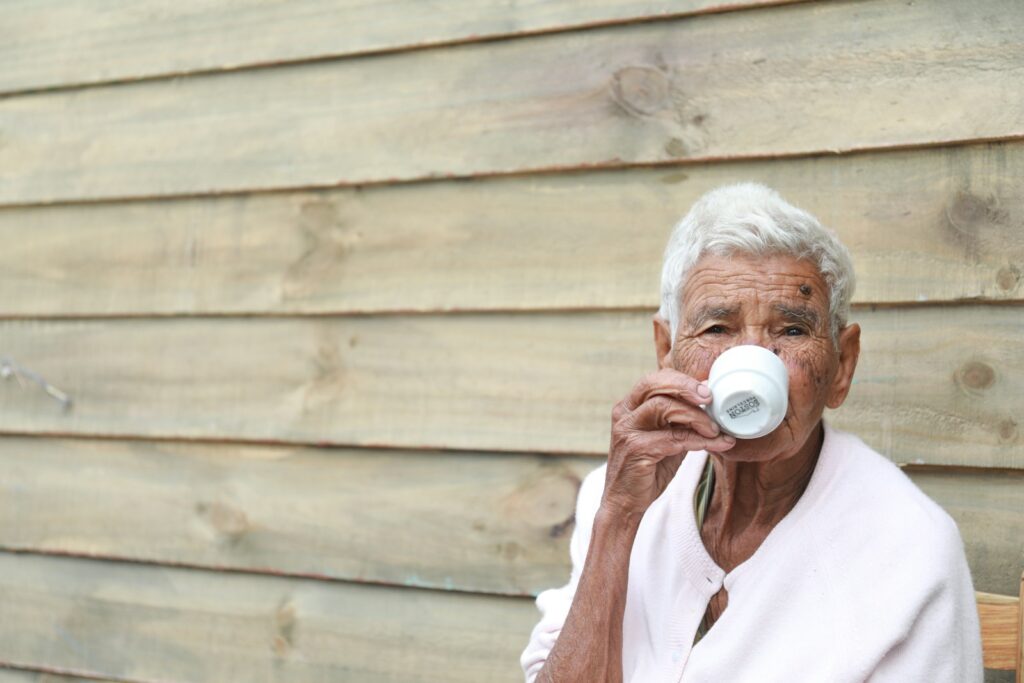
Not always, but often enough. You weren’t in the mood, but you didn’t want to deal with the consequences. You didn’t feel connected, but it had been “a while.” Older women are honest about not missing performative intimacy. Desire without pressure—when it happens—is different. But the absence of obligation is something they talk about without shame.
Feeling like someone’s mom.

You reminded them to call the dentist, to bring a coat, and to stop doing the thing that makes them miserable. It wasn’t romantic—it was exhausting. Many older women say they slipped into caretaking without meaning to. They don’t miss that role. They’re still nurturing, but now they save it for people who do their part, too.
Having to share the remote.
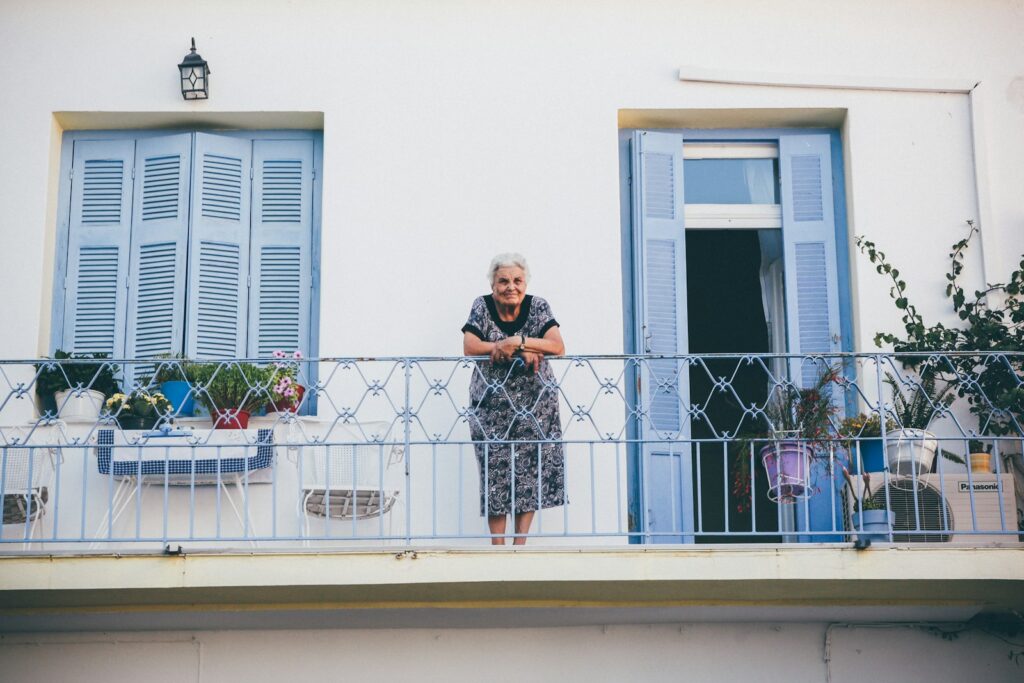
It’s a small thing—but not really. You spend years watching shows you didn’t care about. You miss your favorite movie because someone else has veto power. You sit through a sports game when you’d rather read. Older women often laugh when they say it, but they don’t miss the remote. Control over your TV is control over your time—and they’ve earned both.

